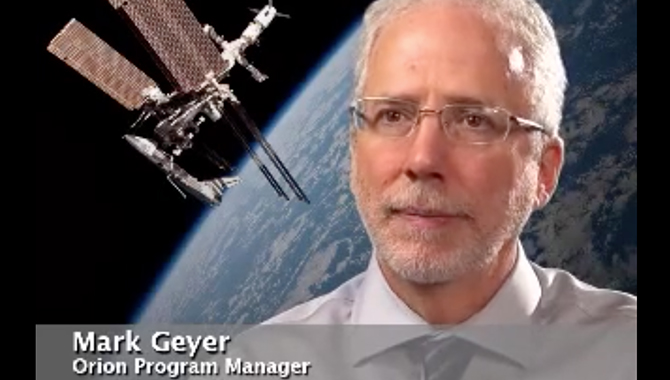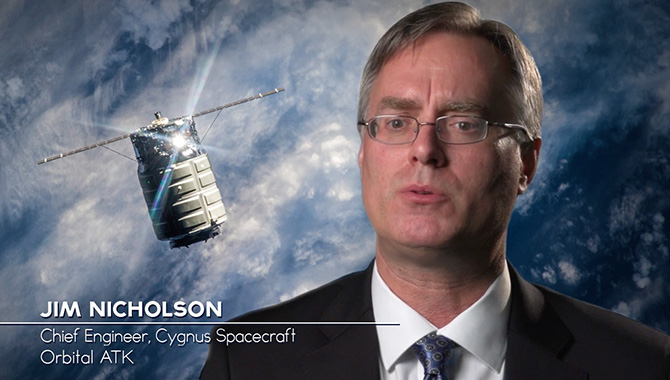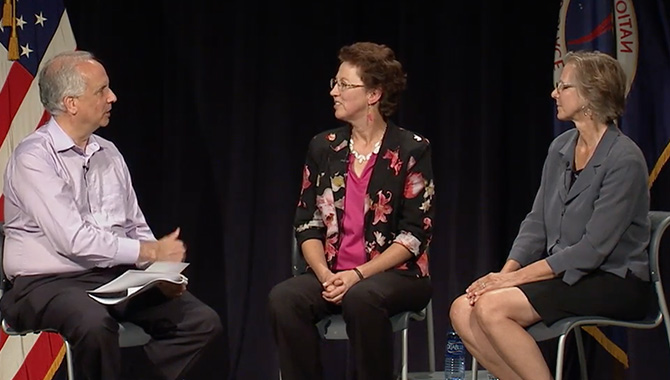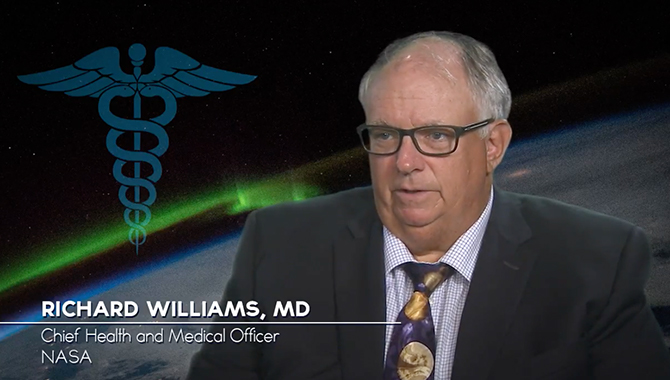Mentoring can be defined as a process where someone with experience or knowledge teaches or gives advice to a less experienced and often younger person. The experienced person or mentor gives work advice and explains how or why they did something with a rich contextual background so an inexperienced person or mentee can get a deep understanding from the described experience.
NASA provides a variety of mentorship opportunities to offer guidance for career and professional goals. Therese Griebel, Director of Aeronautics, and Dr. Aaron Weaver, Orion Program Integration Lead, both at NASA Glenn Research Center, discussed their mentor and mentee relationship in the Masters with Masters 29 video.
The four-minute segment from 20:17 through 24:13 talks about qualities of good mentor and mentee matches.
-
- 1.
Simply getting the right match of personalities, such as pairing an introvert with an extrovert, can make for a good mentoring relationship.
- 2.
A good mentor should have a large breadth of experience to draw on and give advice to the mentee.
- 3.
Being able to draw insights from the mentor’s past experience can help guide a mentee.
- 1.
Mentoring, both formal and informal, aids in developing leaders by giving them access to someone with a larger knowledge base than themselves. The mentee can safely ask questions and learn from the mentor’s experiences and lessons. Learning from someone with experience can save the mentee time and difficulties by being shown where the pitfalls are and how to navigate through complicated job issues.
Related Resources









